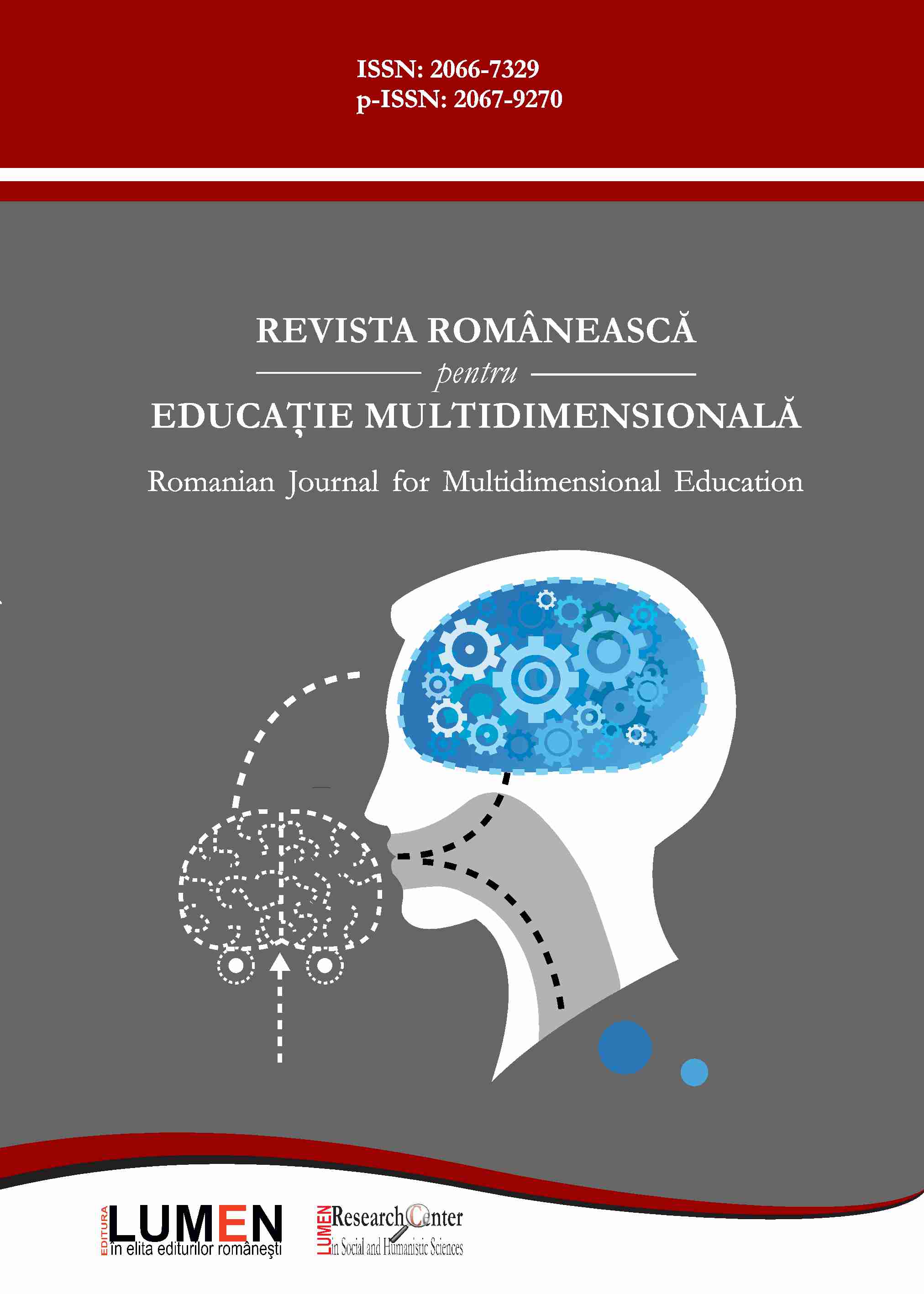Factors Favorable for the Learned Optimism in Preadolescence
Factors Favorable for the Learned Optimism in Preadolescence
Author(s): Dumitrina Gazzi, Bianca PitiruțSubject(s): Social Sciences, Education, School education, Developmental Psychology, Psychology of Self, Evaluation research
Published by: Editura Lumen, Asociatia Lumen
Keywords: learned optimism; learned pessimism; self-efficacy; proactive coping; perceived autonomy-based parenting style; perceived controlling parenting style;
Summary/Abstract: Prior research suggested that the learned optimistic explanatory style is positively associated with greater satisfaction in interpersonal relationships, a more effective approach of life stressors, better physical health and work productivity, less vulnerability to depression and also higher academic and athletic performances. Our research deals with how are learned optimism and learned pessimism predicted by academic, social and emotional self-efficacy, perceived autonomy-based parenting style, perceived control-based parenting style and proactive coping. Participants were 760 students (467 girls) - 12-year-old (20.5%), 13-year-old (31.8%) and 14-year-old (47.6%) – who voluntarily participated. They answered the questionnaires with which the research variables were operationalized. The present study contributes with its large number of participants to an overview of the factors that predict learned optimism and learned pessimism. Results indicated the importance of social self-efficacy, proactive coping and perceived control-based parental support in predicting learned optimism. Also, this paper shows that high learned pessimism coincides with high levels of difficult family situation (e.g. single-parent family) and reduced strength of social self-efficacy and academic self-efficacy, proactive coping and perceived control-based parental support. Important implications of this empirical research should be considered by social emotional learning programs for students, parents and teachers.
Journal: Revista Românească pentru Educaţie Multidimensională
- Issue Year: 15/2023
- Issue No: 1
- Page Range: 533-550
- Page Count: 18
- Language: English

